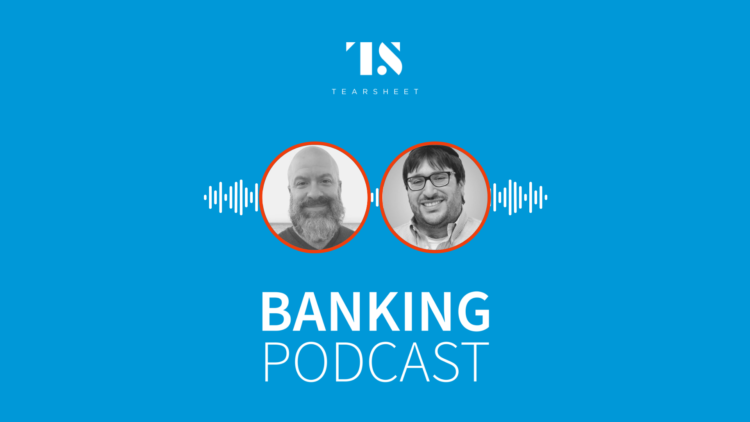New banks, Podcasts
The Banking Podcast Ep. 17: The story of Dave going public and BNPL as the new challenger bank
- Episode 17 of the Banking Podcast explores Dave's challenges as a public neobank and what that means for the rest of the industry.
- Hosts Zack Miller and Josh Liggett also talk about BNPL, MetaBank, and Apple and its acquisition of Credit Kudos.








